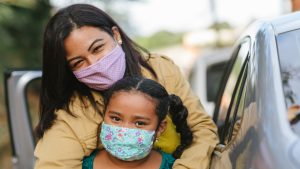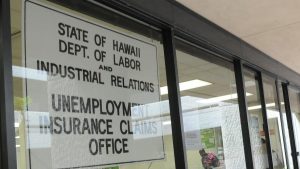Meeting pandemic challenges to help families survive
Posted on Dec 30, 2021 in Capitol Connection, Featured, MainDHS extends lifelines for individuals and families – For those hardest hit by the pandemic, the state Department of Human Services (DHS) met the major surge in demand to ensure people had access to food, healthcare and childcare. This included a 32% increase in Medicaid enrollees since March 2020. The program now provides coverage for more than 430,000 residents, which is nearly 30% of the state’s population. An additional 32,000 Supplemental Nutrition Assistance Program (SNAP) households were added since the onset of the pandemic with $240 million in funds distributed to ensure the children of Hawai‘i had enough to eat. DHS will administer nearly $80 million in American Rescue Plan Act grants to strengthen the childcare system. As the only state department providing these safety net programs, DHS continues to be vital. Also, the DA BUX Double Up Food Bucks provides SNAP recipients with more buying power for local produce, beef, seafood and eggs.
DLIR delivers benefits for the unemployed –The Department of Labor and Industrial Relations (DLIR) overcame an antiquated mainframe system to provide $6.5 billion in unemployment insurance benefits and assistance for folks hit hard during the pandemic. With the help of other state agencies, DLIR set up operations at the Hawai‘i Convention Center to process the thousands of claims and field phone calls. On Dec. 1, the department opened its doors for in-person service while continuing telephone appointments. Governor Ige also signed a bill into law protecting businesses from paying a higher tax rate into the unemployment insurance fund for 2021 and 2022. Thanks to a grant from the National Governors Association, DLIR is also working on a one-stop digital hub called HI CAN to connect job seekers to career opportunities and social services.

